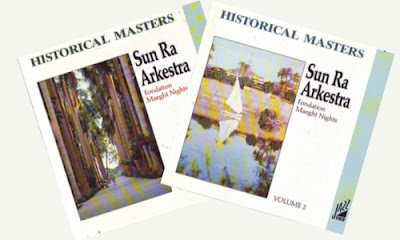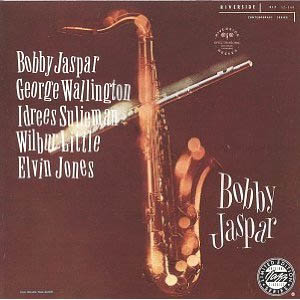Charles Mingus - Mingus Dynasty (1959)
jazz | 1cd | eac-flac-cue-log-cover | 400MB
Columbia/Legacy
Allmusic:Mingus Ah Um catapulted Charles Mingus from a much-discussed semi-underground figure to a near-universally accepted and acclaimed leader in modern jazz. Perhaps that's why his Columbia follow-up, Mingus Dynasty, is often overlooked in his canon -- it's lost in the shadow of its legendary predecessor, both because of that album's achievement and the fact that it's just a notch below the uppermost echelon of Mingus' work. Having said that, Mingus Dynasty is still an excellent album -- in fact, it's a testament to just how high a level Mingus was working on that an album of this caliber could have gotten lost in the shuffle. There's a definite soundtrack quality to a great deal of the music here, and indeed the majority of Mingus' originals here were composed for film and television scores and an expanded, nine- to ten-piece group. On some pieces, Mingus refines and reworks territory he'd previously hit upon. "Slop," for example, is another gospel-inflected 6/8 stormer, composed for a TV production that requested a piece similar to "Better Get It in Your Soul." The ferocious "Gunslinging Bird" follows a similar pattern, and it's the same piece whose full title -- "If Charlie Parker Were a Gunslinger, There'd Be a Whole Lot of Dead Copycats" -- is given elsewhere. There are a couple of numbers from the Ellington songbook that both feature cellos -- "Things Ain't What They Used to Be" and a fantastic, eight-minute "Mood Indigo" -- and a couple of pieces that rely on the even more tightly orchestrated approach of Mingus' pre-Pithecanthropus Erectus days -- "Far Wells, Mill Valley" and the atonal but surprisingly tender and melodic "Diane." The CD reissue of Mingus Dynasty -- like that of its predecessor -- restores the full-length versions of some songs that had portions of solos edited for time on the original LP release.
Tracks
-01. "Slop"
-02. "Diane"
-03. "Song With Orange"
-04. "Gunslinging Bird"
-05. "Things Ain't What They Used To Be" (Mercer Ellington)
-06. "Far Wells, Mill Valley"
-07. "New Now Know How"
-08. "Mood Indigo" (Barney Bigard, Duke Ellington)
-09. "Put Me In That Dungeon"
-10. "Strollin' " (Nostalgia In Times Square) (Mingus, Nat Gordon)
Personnel
Teddy Charles (Vibraphone), Don Ellis (Trumpet), Booker Ervin (Saxophone), John Handy (Saxophone), Jimmy Knepper (Trombone), Jimmy Knepper (Trombone), Charles Mingus (Bass), Jerome Richardson (Saxophone), Dannie Richmond (Drums), Seymour Barab (Cello), Maurice Brown (Cello), Benny Golson (Saxophone), Benny Golson (Sax (Tenor)), Roland Hanna (Piano), Dick Williams (Trumpet), Richard Gene Williams (Trumpet)
























